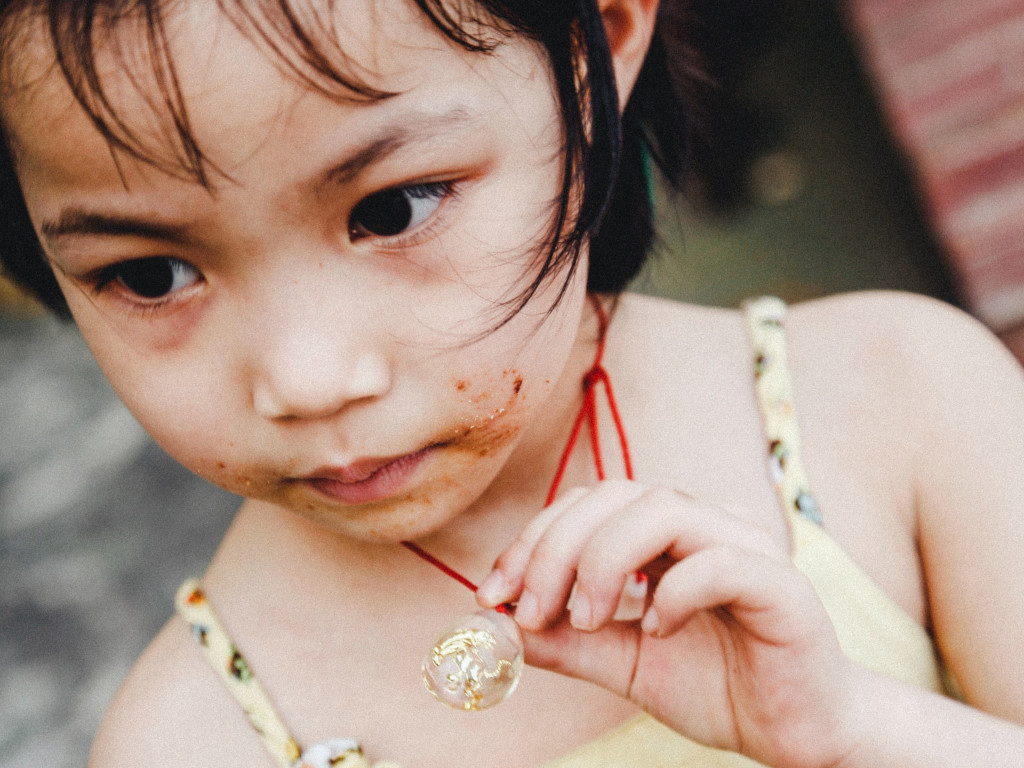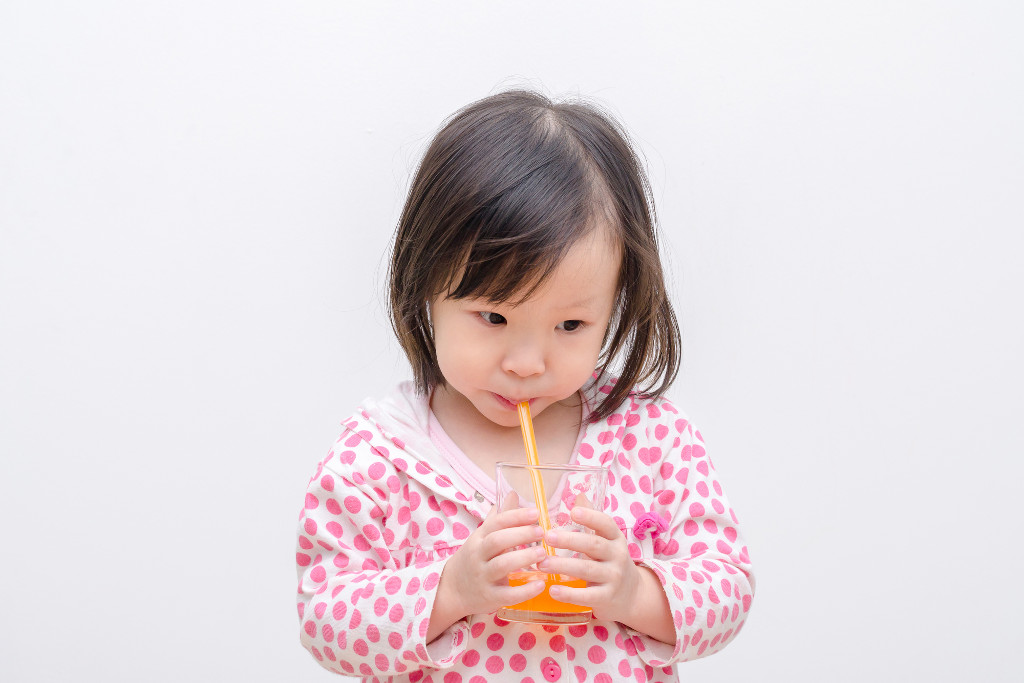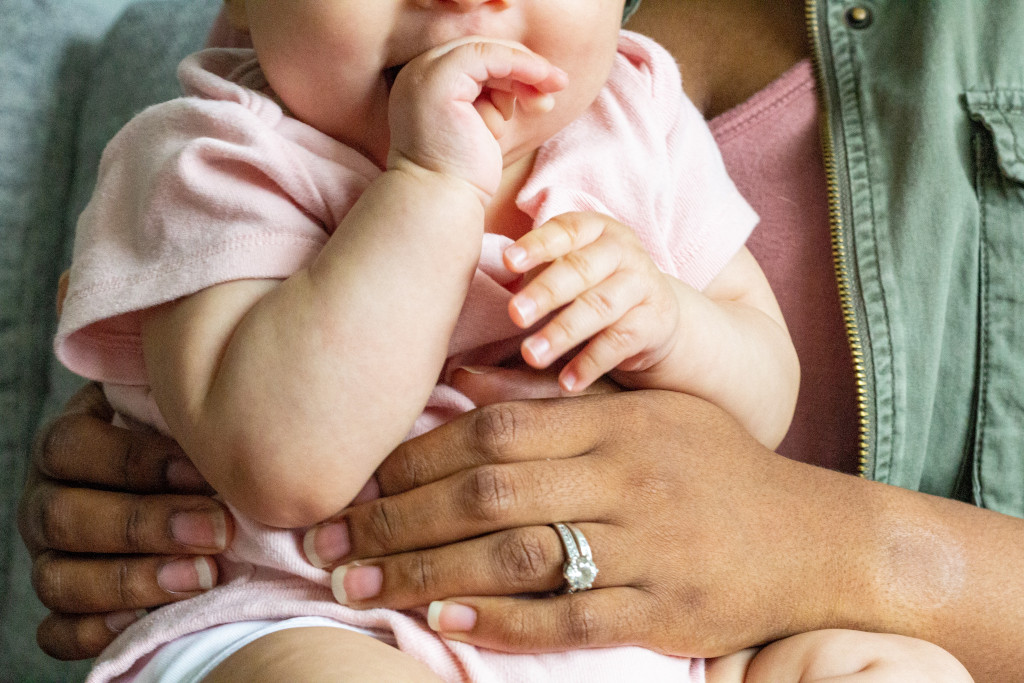SingaporeMotherhood | Baby & Toddler
March 2021
Ins and Outs of Gastroenteritis in Babies and Children

How can we tell when our little ones are suffering from stomach flu or the victim of food poisoning? What is “stomach flu” anyway? Is it the same as Gastroenteritis? We ask paediatrician Dr Tan Zhen Han of the SBCC Baby & Child Clinic (Bukit Panjang Plaza), a member of Healthway Medical Group, to explain what it’s all about. Here’s what the good doctor had to say about gastroenteritis in babies and children.
1. What is Gastroenteritis?
Gastroenteritis is an inflammation of the stomach and intestines that results in symptoms such as diarrhoea and vomiting. While it can affect individuals of all ages, gastroenteritis is particularly common in young children.
Gastroenteritis is usually due to an infection, for which there are three main causes, namely viruses (most common), bacteria, and intestinal parasites.

Viral Gastroenteritis a.k.a. Stomach Flu
Commonly known as stomach flu, viral gastroenteritis is most often caused by rotaviruses which tend to spread on hands that have touched contaminated surfaces. Children are generally more vulnerable to contracting viral gastroenteritis as they are less mindful of hygiene factors. For instance, they may forget to wash their hands after using the toilet, put dirty fingers in their mouth, or chew on their toys, resulting in the viruses entering their bodies.
Bacterial Gastroenteritis a.k.a. Food Poisoning
Bacterial gastroenteritis, otherwise known as food poisoning, occurs when one consumes food that was contaminated by bacteria due to it not prepared or stored properly. Certain types of bacteria, such as Salmonella or E. coli O157, are more aggressive in nature and can cause more severe forms of food poisoning, resulting in symptoms such as a high fever and dehydration.
Intestinal Parasites a.k.a. Worms
Parasitic infections of the intestinal tract can also cause gastroenteritis. But it’s basically what the older generations would call “worms” in our tummy! Thankfully, this is less common in Singapore nowadays, due to high standards of hygiene and good sanitation.
Rarely, gastroenteritis can also be caused by allergies (eosinophilic gastroenteritis).
2. Is Gastroenteritis contagious?
The abovementioned germs that cause gastroenteritis are indeed contagious. They often spread easily from individual to individual, especially in enclosed quarters such as childcare centres.
There are three main ways in which these germs are transmitted:
- Ingesting contaminated food or water
- Coming into contact with an infected person
- Touching contaminated surfaces and objects
(See also: What to Do If Your Child’s School Has an HFMD Outbreak)
3. Can we help prevent Gastroenteritis in babies and children?

As gastroenteritis is infectious, it is important to practise good hygiene habits to minimise its spread. Here’s how you can help lower the chances of your child contracting gastroenteritis:
- Wash your hands regularly and thoroughly with soap and water, especially after changing your child’s diaper, going to the toilet, and before food preparation.
- Sterilise bottles before each use if you are feeding your child formula milk.
- Avoid sharing kitchen utensils, plates or towels if someone in your household is sick.
- Keep raw meat wrapped and sealed properly when stored in the refrigerator to avoid cross-contamination. When brought out to thaw prior to cooking, keep it out of your child’s reach.
- Don’t feed your child unpasteurised products or uncooked food, such as raw fish and eggs.
- Wash vomitus or diarrhoea-soiled clothing with chlorine bleach and wipe any contaminated surfaces with a chlorine-based household cleaner.
Vaccination is another important step in prevention of gastroenteritis. Parents should consider protecting their young babies with Rotavirus vaccine. In Singapore, Rotavirus vaccine is currently considered an optional vaccine under the National Childhood Immunisation Schedule and is administered orally. Rotavirus is the leading cause of diarrhoea hospitalisations among children worldwide and in Singapore. A 2013 study by the KK Women’s and Children’s hospital also shows that rotavirus infections caused nearly 40 per cent of diarrhoea-related hospitalisations.
(See also: Singapore Vaccinations 101: What’s Compulsory and Optional for Your Kids)

4. What are the symptoms to look out for?
Gastroenteritis symptoms can include:
- Diarrhoea — increased frequency of stools and/or loose-watery stools
- Nausea and vomiting
- Abdominal pain and cramps
- Fever
- Loss of appetite
- Headache, muscle aches and joint aches
Typically, gastroenteritis would last for a few days but may stretch out to 10 days in severe cases. However, this should not be a major cause for concern as long as your child is drinking well and their condition is improving.
5. When should we consult a doctor?
Gastroenteritis manifests itself through a range of symptoms that are common across various medical conditions. Because of the similarity in symptoms — namely diarrhoea and vomiting — various other medical conditions can be easily mistaken for gastroenteritis. These include a wide range of gastrointestinal conditions such as appendicitis, inflammatory bowel disease, and intussusception, just to name a few. Other conditions include extraintestinal conditions such as urinary tract infection, pneumonia, and otitis media (middle ear infection).
(See also: Baby’s Crying and Vomiting Non-stop. Could it be Intussusception?)
Given the similarity in symptoms between gastroenteritis and other potentially more serious medical conditions, it is therefore important to take your child to seek medical attention if your child looks unwell, or is experiencing severe or persistent discomfort so that a detailed clinical examination can be performed to ascertain the exact diagnosis.
If your child is less than six months old and suffering from vomiting and/or diarrhoea, it is advisable to bring them to the doctor immediately as they are at higher risk of dehydration.
6. When is an emergency room visit warranted?

Seek immediate medical attention if your child exhibits these symptoms:
- Vomiting frequently for more than four to six hours, and seems to be unable to hold any fluids down
- Unwillingness to drink
- Has signs of dehydration such as
– No tears when crying
– Dry lips, mouth and tongue
– Not urinating/no wet diaper for over eight hours
– Sunken fontanelle (soft spot on your child’s head if under 18 months old)
– Lethargy
– Light headedness or giddiness - Stools or vomitus that is bloody
- Greenish vomitus
- Consistent and severe stomach pain (this may be displayed through your child bringing their knees up to their stomach)
- Rapid breathing
- Cool or grayish skin tone
- Weakened movements and behaviour
(See also: 6 Most Common Reasons Why Children in Singapore End up in the A&E)
7. How is Gastroenteritis treated?
Upon diagnosis, your doctor may prescribe some medication to relief symptoms of vomiting, diarrhoea, tummy pain or fever. Antibiotics are not required most of the time, given that the majority of cases are caused by viruses.
The mainstay of treatment is the replenishment of loss fluids and prevention of dehydration while waiting for the disease to run its course.
8. How can we help our children recover faster?

Here are some ways parents can help ease the symptoms that their child may be experiencing:
Encourage your child to drink plenty of fluids
Give a few mouthfuls of fluids every 15 minutes for a start for the first few hours, especially if your child is vomiting a lot, and gradually increase the amount if they tolerate it well.
Consider fluids such as rice water, barley water, diluted apple juice, and milk. Your doctor may also recommend an oral rehydration solution (e.g. Hydralyte, Pedialyte), which you can purchase at pharmacies, to help counter dehydration.
Avoid feeding your child carbonated drinks, or drinks that are high in sugar. These are usually inefficient in restoring the regular fluid balance in children suffering from gastroenteritis.
For infants, continue to breastfeed or formula-feed more frequently but in smaller amounts. There is usually no need to change the formula milk unless the diarrhoea is severe or prolonged, for which a lactose-free or soy formula can be considered.
Provide a healthy diet
A healthy diet will help in your child’s fight against the infection while healing their digestive system and preventing weight loss.
Once your child’s vomiting has improved, offer a bland diet of porridge, starchy foods such as mashed potatoes, toast and crackers, soups, protein such as boiled fish and chicken for older children, and cereal for younger children. Thereafter, you can gradually transition to a normal diet within a day or two.
Ensure ample rest
Proper rest is important to boost your child’s immune system and help them fight against viruses. In addition, sleeping would often help in emptying the stomach and relieve your child’s need to vomit.
(See also: 11 Baby Sleep Tips that can Help your Baby Sleep Through the Night)

It is understandable if your child may be particularly fussy or irritable from the discomfort they are experiencing when they are down with gastroenteritis. Apart from managing their fluids, diet, and rest, here are some additional tips to help them feel better:
Shower them with love
Falling ill may be scary for some children, especially if they have symptoms such as diarrhoea or vomiting. Try holding and cuddling your child close to help them feel more secure and relaxed. If you are still breastfeeding your child, you may try to nurse them more often as a form of comfort.
Keep them distracted
When your child is not sleeping, try engaging them in activities such as playing “doctor” with their soft toys and stuffed animals or reading them their favourite storybook. This will help in keeping them entertained, distract them from their discomfort, and even serve as a good opportunity for some quality bonding between you and your child.
(See also: Excessive Crying and Colic in your Young Infant – What’s causing the Tears, Baby?)
Extra advice from the doc
As the immune systems of babies and children are still developing, it is not unusual for them to fall sick more easily. For first-time parents, it is not always easy to know what to do and when you should seek medical attention.
As a general rule of thumb, a healthy child should have plenty of energy, a natural curiosity in their surroundings, and a healthy appetite.
For children who may be feeling ill or experiencing any forms of discomfort, they may showcase it in the following ways:
- Cry excessively and be difficult to comfort
- Being extra fussy or irritable
- Lose interest in playing or is unusually quiet and inactive
- Loss of appetite with decreased urine output
- Perpetual listless, tired behaviour or lethargy
Should your child display any of these symptoms, even in the absence of more tangible indicators such as a fever, it is advisable to bring them to see a doctor. Your doctor will then be able to advise the next steps accordingly.
As a parent, it can be a stressful time when your child is sick. While it is natural to worry, do remember to take good care of yourself as well by getting sufficient rest and eating well.
Featured image: Source
All content from this article, including images, cannot be reproduced without credits or written permission from SingaporeMotherhood.
Follow us on Facebook, Instagram, and Telegram for the latest article and promotion updates.





